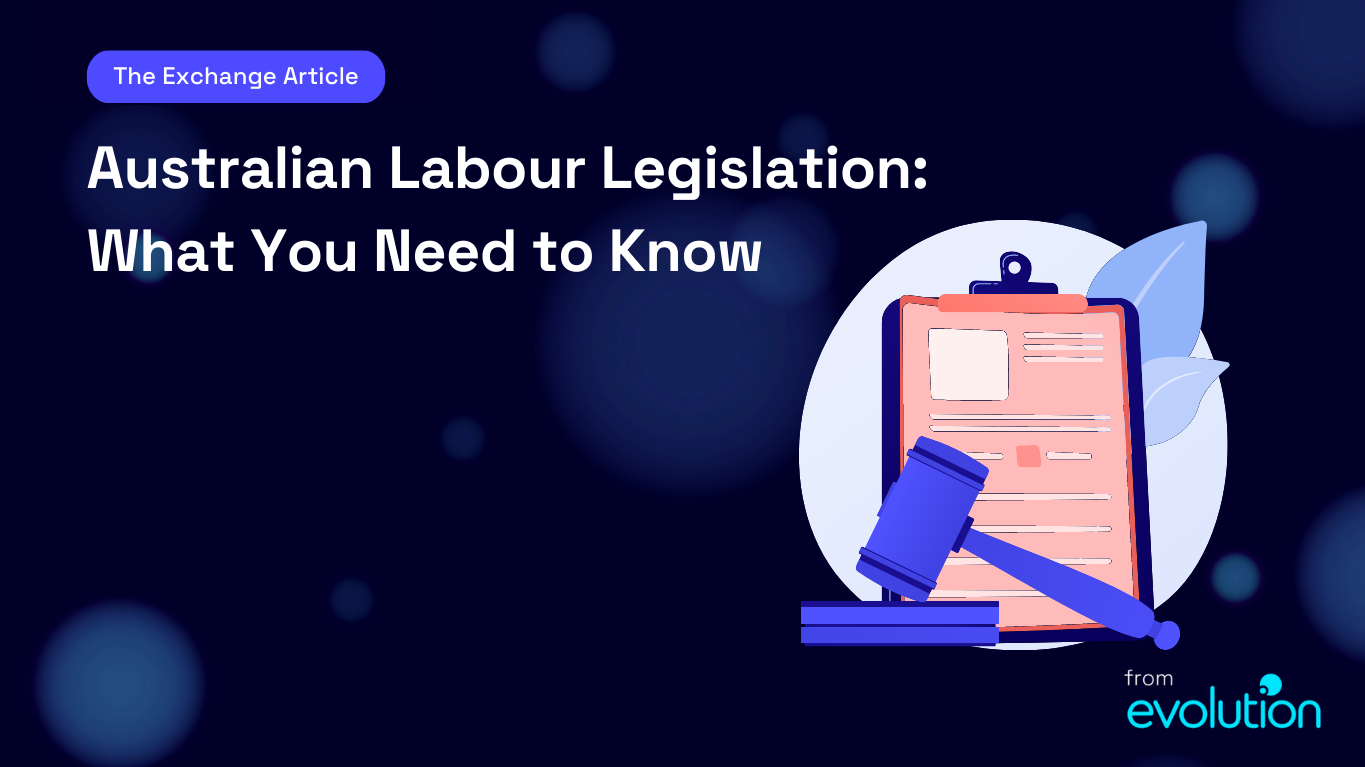
All employers in Australia must comply with employment law, the bulk of which is set out in the Fair Work Act 2009. There are also other state, federal and territory laws which must be followed in various regions. The laws exist to protect both employers and employees in the workplace, and provide minimum standards that must be followed. These are some of the main legislative instruments pertaining to employment law.
The Fair Work Act 2009 outlines the parameters of the employer/employee relationship. It also sets out key minimum entitlements – such as the national minimum wage and the National Employment Standards (NES). In addition to this, it provides protections including the right to flexible working arrangements and leave, and protection from unfair dismissal and discrimination. It also creates bodies that enforce this, such as the Fair Work Commission.
The majority of businesses across Australia must comply with the terms of the Fair Work Act 2009, with some exemptions (such as sole traders and partnerships in Western Australia).
Employees in Australia are protected from discrimination by the Fair Work Act 2009, but in addition to this there are a number of state and federal anti-discrimination laws. Federal legislation – governed by the Australian Human Rights Commission – protects employees from discrimination on the grounds of age, gender, marital status, race, religion, sexual orientation and more. Each state and territory also has laws protecting employees and prospective employees.
This law specifically protects those with disabilities – and those with disabled friends, relatives or associates – from discrimination. The law covers everyone, including employees, and employers must make sure that they do not discriminate against candidates or employees based on disabilities. Where possible, employers should accommodate disabled employees. Disabilities in this act include those which are physical, intellectual, sensory, neurological and psychiatric.
This Act provides a framework to look after the health, safety and welfare of employees at work, along with those who might visit the place of work such as customers and visitors. As well as providing standards for the management and control of risks, it sets out enforcement in terms of fines and penalties. The Work Health and Safety Act 2011 also has specific provisions relating to workplace bullying.
These are just some of the laws covering employment and recruitment in Australia. When you engage a recruitment agency to work with you to secure new hires, you should be made aware of any legislation that could affect you. If you need any help or advice, please do not hesitate to contact us.